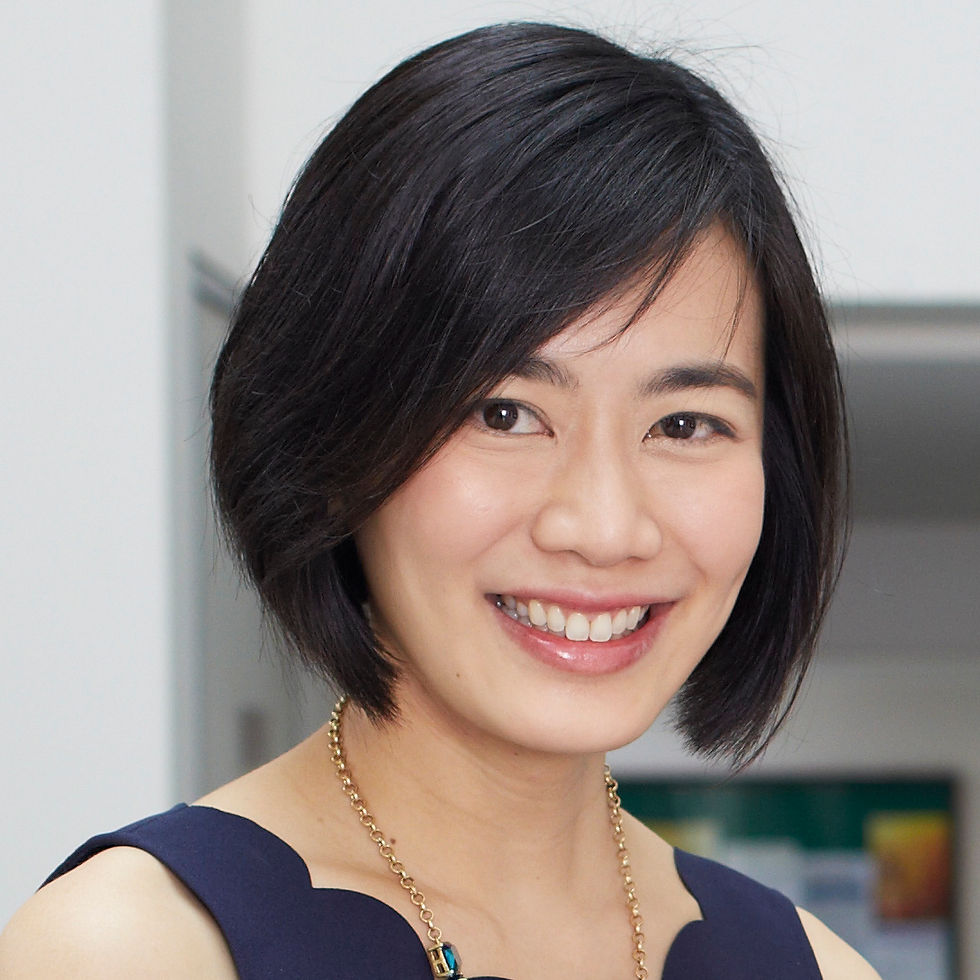Your Baby Is Smarter Than You Think
- chapterzerosg
- Jan 4, 2016
- 4 min read
Updated: Nov 22, 2021
By Dr Setoh Peipei

When we look at babies, we often just think of them as being cute and cuddly, but we should also give them credit for figuring out a lot about the world before they can even speak. Researchers in developmental psychology are discovering many natural abilities that babies have, and here are some of the most exciting findings:
BABIES CAN REMEMBER THEIR EXPERIENCES IN THE WOMB
Babies can taste, smell, hear, and touch in the womb. In a study published in Pediatrics, researchers had a group of pregnant mothers drink carrot juice every day, late in their pregnancy. And later, at 5 months of age, babies were given food that contained carrot juice. Babies who had prenatal carrot juice exposure liked it more (i.e., ate more of it) than a group of control babies, which suggests that babies can remember what they tasted in the womb 5 months after they are born.
In another study, researchers from the University of North Carolina had pregnant mothers read “The Cat in the Hat” during the last 6 weeks of their pregnancy. When the babies were born, they controlled their sucking behavior to pick the story they preferred – those who had heard the story in utero preferred hearing “The Cat in the Hat” compared to a different story.
BABIES CAN COUNT
Newborns can tell the difference between a scene with 2 objects and a scene with 3 objects. When they are shown many different 2-object displays until they get bored, their interest is piqued again when a 3-object display is shown. In a similar fashion, they can tell 3-object displays from 2-object displays.
When 5-month-old babies see one toy Minnie Mouse get hidden by a screen, and a researcher adds another Minnie Mouse, they expect 1 + 1 = 2, and are surprised when the screen drops to reveal 1 or 3 Minnies.
BABIES CAN CATEGORIZE
Researchers from Washington and Jefferson College, Brown University and Stanford University have found that 4-month-olds can tell cats apart from dogs, and vice versa. When shown pictures of different cats many times, babies get bored and start to pay less and less attention, but their interest picks up again when they see a picture of a dog.
BABIES ARE VERY INTERESTED IN WHAT OTHERS ARE THINKING
By 12 months, babies are very social, and know that others around them have intentions. They show this understanding in a number of ways: they follow another person’s gaze to see what they are looking at, they pay attention to what others look at and talk about, they follow when someone points and do lots of pointing themselves, they understand many words and also imitate others’ actions.
BABIES WANT TO BE HELPFUL
Researchers from the Max Planck Institute found that 14 month olds spontaneously help a stranger when they see a person in need. When a stranger accidentally drops a marker on the floor and he needs help fetching it because it’s out of reach, infants will retrieve the marker and give it back to the stranger. Other studies have found that babies will even stop playing with a fun toy in order to help!
BABIES EXPECT FAIRNESS
9 month old babies expect objects to be distributed fairly – if you have two toys or cookies to give away, you should give one to each child.
Babies also expect rewards to be offered equitably and are able to take the context of a situation into account when determining what is fair. When 21 month olds watch two adults working, they expect both to be rewarded for their efforts. However, if infants see only one person work while the other slacks off, they expect only the worker to be recognized and not the slacker.
Your parenting journey changes once you know how smart your baby actually is! Mine certainly did. So next time you are tempted to just smile and pinch your baby’s or toddler's cheeks, remember that you can have meaningful conversations with your child and encourage them to explore their world and to never stop wondering who, what, when, where, why or how!

ABOUT THE AUTHOR
Dr Setoh Peipei is an Assistant Professor of the Division of Psychology at Nanyang Technological University. She is the Director of the NTU Early Cognition Laboratory. Her research explores how infants and toddlers make sense of the world around them. Her research has been published in internationally renowned scientific journals such as Proceedings of National Academy of Science, Developmental Psychology, and Journal of Personality and Social Psychology.
Would you like to add to this cool list of surprising findings about babies? Join us at the Early Cognition Lab! We ask children to play with puppets or watch short videos to find out what they think. We are open during Friday afternoons and for the full day on Saturday and Sunday at KidsSTOP at the Singapore Science Centre. If you are expecting, or have a child between 0 months to 3 years of age, and this sounds like something fun you’d like to do, please sign up here.
To learn more about us, please visit our website or Facebook page.






























